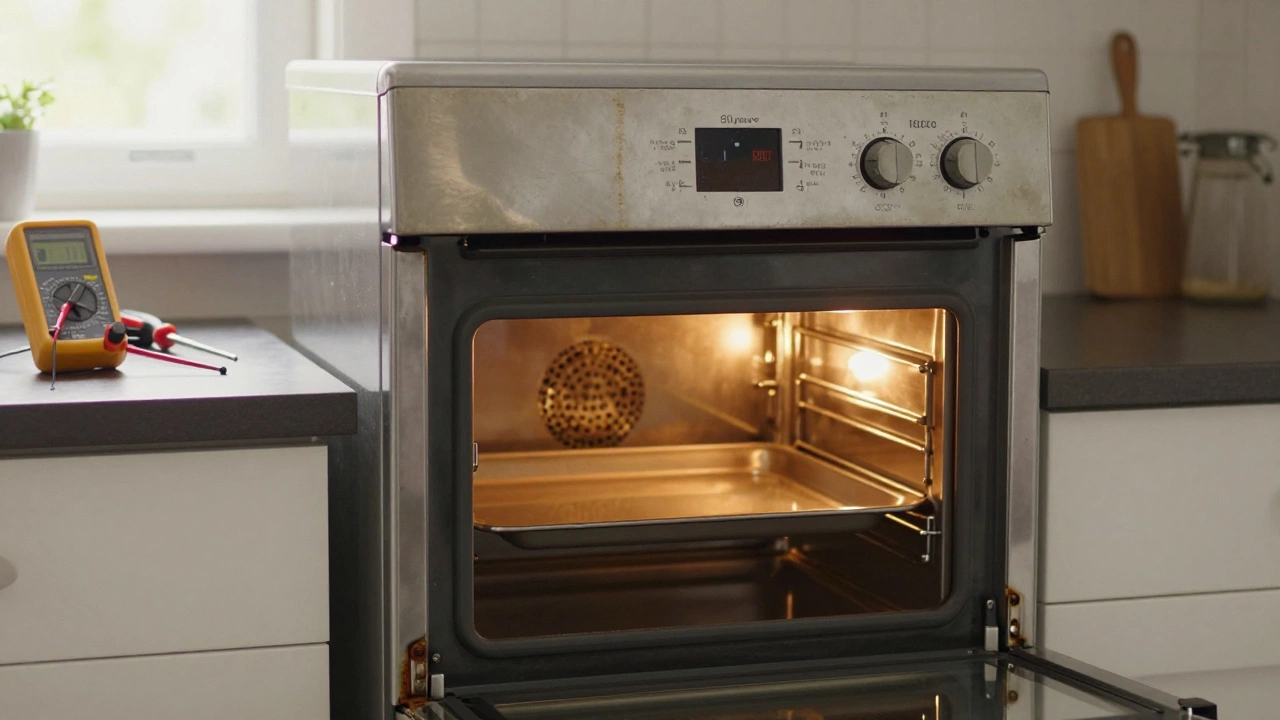Appliance Longevity: Simple Ways to Extend the Life of Your Home Appliances
Ever wonder why some appliances seem to last forever while others give up after a few years? The secret isn’t magic – it’s regular care and smart use. Below are practical steps you can start today to get more years out of your washing machine, fridge, oven, and every other device in the house.
Regular Maintenance Saves Money
Skipping the yearly service costs a few pounds, but it can cost you a whole new appliance later. For a fridge, clean the condenser coils every six months; dust builds up and forces the motor to work harder, shortening its life. With washing machines, check the door seal for mold and wipe it down; a dirty seal can cause leaks and rust.
Water heaters are a big deal for longevity. The anode rod inside the tank eats away corrosion, protecting the tank walls. Replace the anode every 2‑3 years, especially if you have hard water. It’s a cheap part and a huge life‑extender.
Ovens and hobs get greasy quickly. A simple wipe‑down after each use stops food from burning onto heating elements. For electric hobs, watch for flickering lights – that’s a sign the surface is overheating and may need a professional check.
Smart Use Habits for Everyday Appliances
How you use an appliance matters as much as how you clean it. Load washing machines full but not overloaded; the drum spins more efficiently and reduces wear on bearings. Use the right detergent – too much soap leaves residue that can clog the pump.
Refrigerators work best when kept at the right temperature (around 3‑5 °C). Opening the door constantly or leaving it open for long periods forces the compressor to cycle more, wearing it out faster. Keep the freezer about -18 °C and avoid stuffing it so tightly that air can’t circulate.
For dishwashers, run them only when full and use the eco‑cycle when dishes aren’t heavily soiled. This saves energy and reduces strain on the spray arms and pump.
When a minor problem pops up – a strange noise, a slow cycle, a leaking hose – don’t ignore it. A quick call to a local repair service can fix the issue before it becomes a major failure. Repair is often cheaper than replacement, and keeping the original unit helps the environment.
Finally, keep a simple log of service dates, parts replaced, and any odd behavior. This record makes it easier for a technician to diagnose issues and helps you see patterns, like a fridge that loses cooling every summer.By combining regular maintenance, gentle usage, and prompt repairs, you’ll notice fewer breakdowns and a longer life for every appliance in your home. It’s not about spending a lot of time – just a few minutes each month can save you hundreds of pounds down the road.

Can a 20-Year-Old Oven Be Repaired? What You Need to Know Before Calling a Technician
Can a 20-year-old oven be repaired? Yes - if parts are available and the unit is in good condition. Learn when repair makes sense vs. replacement, common fixes, costs, and how to decide.

Maximize Your Electric Oven's Lifespan: Maintenance and Longevity Tips
Electric ovens are reliable kitchen staples, but understanding how long they should last can help you plan repairs or replacements wisely. This article examines the typical lifespan of electric ovens and what factors influence it. You'll learn about regular maintenance tips, signs that your oven may need some TLC, and when it might be time to consider a replacement. With the right care, your oven can serve you well for many years.